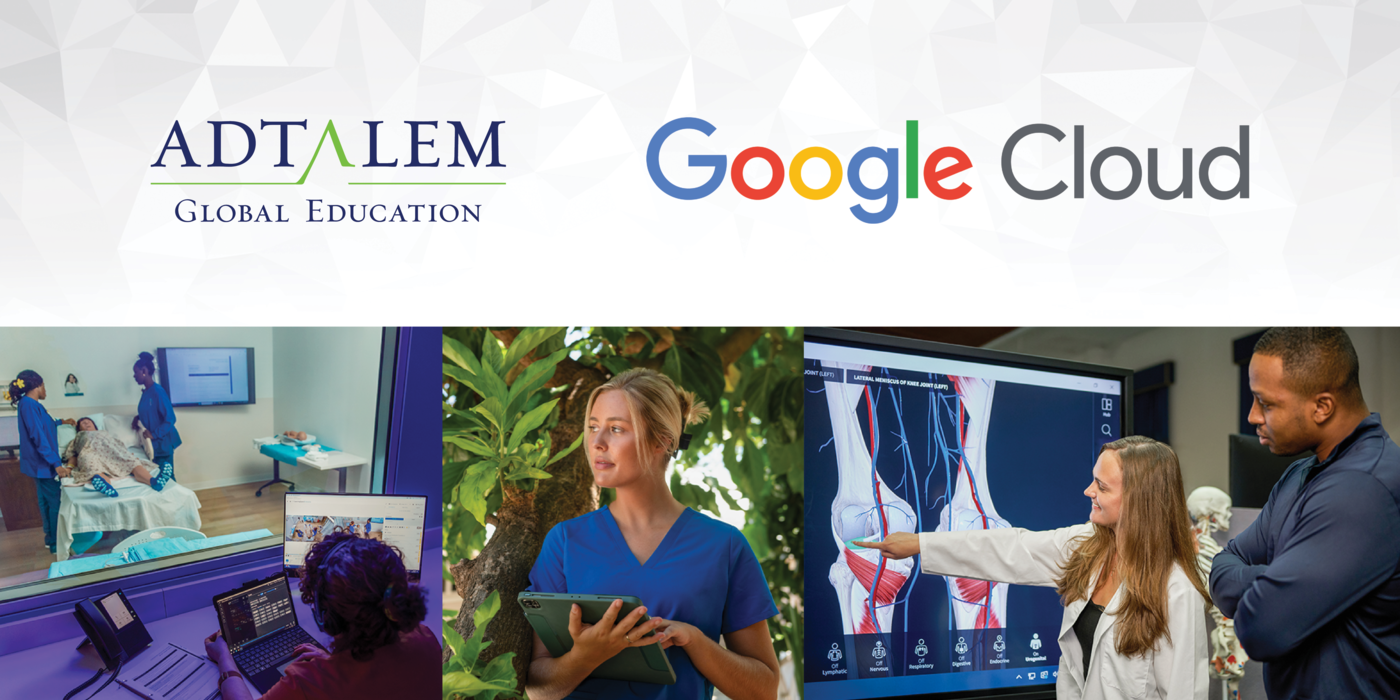Many of the social issues facing our communities are not new. However, recognition of the role businesses should play in addressing them continues to grow. In 2019, the Business Roundtable declared that the purpose of a corporation was not just to serve its shareholders, but to promote “an economy that serves all Americans.” Moreover, according to the 2022 Edelman Trust Barometer study, societal leadership is now perceived to be a core function of business with 80% of the general population wanting CEOs to be personally visible when discussing public policy or work their company has done to benefit society. In the last few years – especially through the COVID pandemic – it has become increasingly clear that the “S” in ESG must sit squarely at the forefront of companies’ strategic roadmaps.
It’s a welcome development, not simply because helping our communities is the right thing to do, but because aligning around a clear and strong social purpose can enhance business performance over the long-term. Mission-driven, purpose-led companies are better placed to realize long-term results than their peers. In his 2022 annual letter to CEOs, institutional investment giant and BlackRock CEO Larry Fink reiterated the importance of stakeholder capitalism – capitalism driven by mutually beneficial relationships with employees, customers, suppliers, and communities – in driving long-term value for shareholders. In Fink’s words, “Putting your company’s purpose at the foundation of your relationships with your stakeholders is critical to long-term success.”
That’s exactly what we’re doing at Adtalem. At our core, we believe that education can – and should – be a fundamental vehicle for social mobility. We operate at the nexus of business and purpose, expanding access to high-quality education, addressing critical healthcare workforce shortages, advancing solutions to reduce health disparities and improving health equity. Data shows that equitable healthcare is better healthcare. Having diverse healthcare providers – that reflect the cultural, gender and racial diversity of the communities they serve – leads to more culturally competent care, and ultimately, better health outcomes. Yet, people of color are still vastly underrepresented across the U.S. healthcare professions.
As a leading provider of professional talent to the healthcare industry – graduating the most African American physicians, doctorates, and Bachelor of Science in Nursing (BSN) degrees to under-represented minority students in the U.S.1 – we are purpose-built to strengthen the healthcare system’s capacity to serve and advance health equity. We are broadening access to healthcare education, which ultimately contributes to a more sustainable, equitable and impactful healthcare system. Additionally, when we give individuals the opportunity to develop new skills – many who have been shut out of the education system altogether – we aid in their career advancement and social mobility, which are imperative to the social and economic framework of the U.S.
While the advancement of stakeholder capitalism is a work in progress, I remain optimistic about our collective path forward. As Fink said in his letter, “Your company’s purpose is its north star in this tumultuous environment.” Our students are both our customer and our product, and their success in realizing their ambitions and making a positive impact on the world will always be our north star. When we align our strengths and capabilities to the key issues we seek to address, i.e., workforce shortages, public health equity, racial wealth gaps – we unlock a purpose that transcends profit and come to see our success as a measure of the positive impact we make in the lives of our students and the communities they serve.
1MD degrees granted by the American University of the Caribbean School of Medicine and Ross University School of Medicine; PhD degrees by Walden University; BSN degrees by Chamberlain University, analysis is based on FY2020 IPEDS data downloaded on 10/18/2021. Under-represented minority includes students who identify as American Indian or Alaska Native, Black or African American, Hispanic or Latino, Native Hawaiian or other Pacific Islander, or two or more races.




